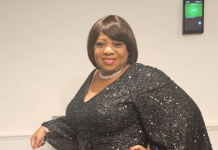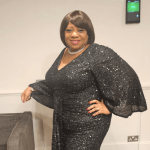By Dorina TORJE – Founder of NaturalSleep.shop
When we talk about diversity in the workplace, we often mean race, gender, culture, or even neurodivergence. But there’s a critical piece missing from the DEI conversation—one that affects how we work, how we sleep, and how we thrive.
It’s called chronodiversity.
And trust me, I didn’t just read about it in a science journal—I lived it.
The Bias Against Night Owls (And Why I Know It Personally)
Growing up, I was the kind of student teachers loved: top of my class, engaged, curious. But I hated school.
Not because of the learning. Because of the mornings.
Waking up early felt like torture. My brain didn’t switch on until noon. And yet, I was being judged and graded in my lowest-performing hours. I didn’t have the language for it back then—but what I was experiencing was a misalignment with the system’s clock.
Fast forward to today, I see this same misalignment playing out in workplaces around the world.
The Overlooked D in DEI: Daily Rhythms
I recently reached out to a respected DEI expert to explore a collaboration around raising awareness about chronodiversity—the idea that not all humans are wired to be productive at the same time of day.
She looked at me, puzzled: “What’s thaaat?”
When I explained how forcing everyone into the 9-to-5 mold ignores a biological truth—that some people peak in the morning, others in the evening, and some somewhere in between—her reaction said it all: skepticism, followed by a quick change of topic.
But here’s the thing: this isn’t some new wellness buzzword.
Chronodiversity is real. It’s research-backed. And it’s silently impacting career trajectories, mental health, and workplace equity every single day.













